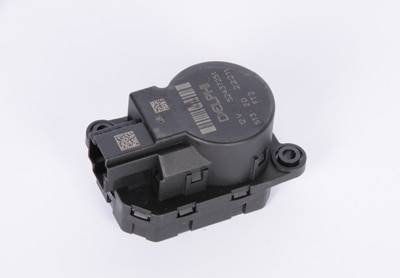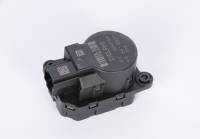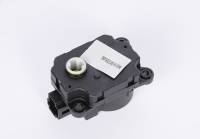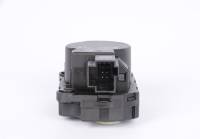Maintenance & Troubleshooting
Signs of Wear & Troubleshooting
- Your A/C system must be maintained with the correct level of refrigerant and appropriate pressure to work properly. An A/C system leak, which could result in incorrect fluid or pressure levels, could potentially harm or interfere with the performance of your A/C system. This would result in lack of or insufficient cooling performance. Common causes of A/C system leaks include:
- Worn or damaged service valves and caps
- Worn hoses
- Loose connections
- Seal failures
- Damaged components
- Worn or damaged compressor shaft seal
- Worn or damaged evaporator
- Worn or damaged condenser
- Worn or damaged compressor Seals
- A/C system component corrosion
- To check your A/C system for leaks:
- Use a leak detection dye, such as ACDelco Fluorescent Tracer Dye. Be sure to use the dye that is specified for use with your systems oil and refrigerant type.
- Look for dirt or containment build up around hose or line connections. This could be a sign that oil, which would attract and hold contaminants, is leaking out of the connection.
- If your engine begins overheating while driving in heavy traffic, the following steps can help alleviate the condition:
- Set the climate control system to 'Heat' or 'Vent'
- Set the blower fan on 'High' (roll down your windows if the interior becomes too warm)
- Allow more distance between your vehicle and the one in front of you; this enables more air to enter the radiator easily
Good Maintenance Practices
- Your vehicle's air conditioning (A/C) system should be routinely checked by a professional technician. This should occur approximately every 12 months, though you should check your owner's manual for more specific recommendations. Any related maintenance should be handled only by professionals. If you notice any of the following conditions, have your vehicle checked right away:
- Musty smell when the air conditioning or heating system is activated
- Inadequate cooling or heating temperatures when using the air conditioning or heating system
- The vehicle's temperature gauge indicates a 'red' condition
- Steam coming from the engine compartment
- Unusual smells inside or outside the vehicle
- Your A/C system requires proper air flow to operate effectively. Poor air flow across the condenser will impact system performance and can increase refrigerant system pressure. Make sure air flow into your system is not obstructed by bugs, leaves, dirt, or other contaminates in between tune ups.




 WARNING: Cancer & Reproductive Harm -
WARNING: Cancer & Reproductive Harm -
Write the First Review!